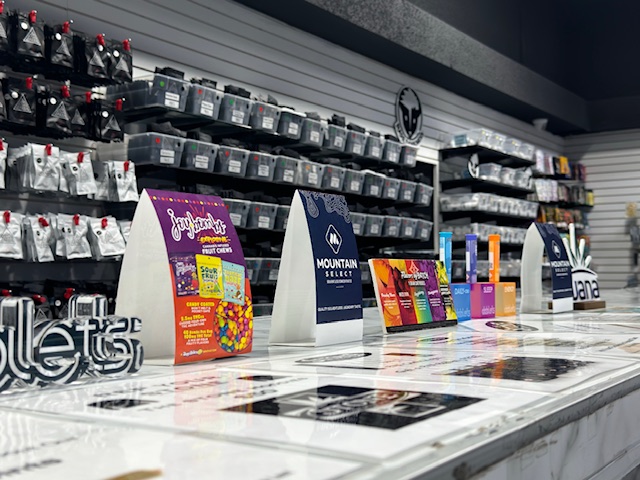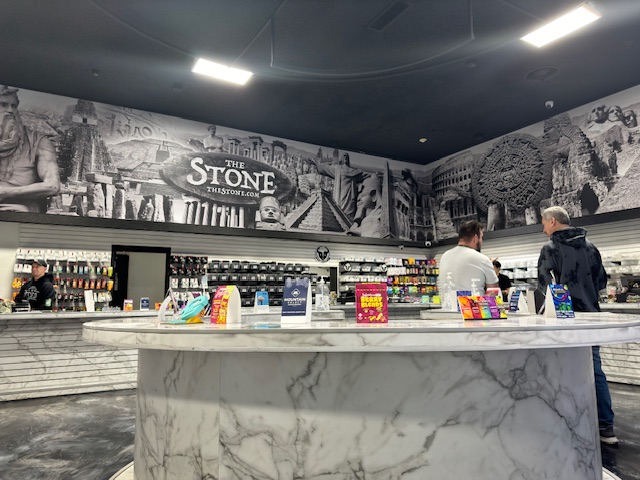
This website is for users aged 21 and over. Please confirm your age.
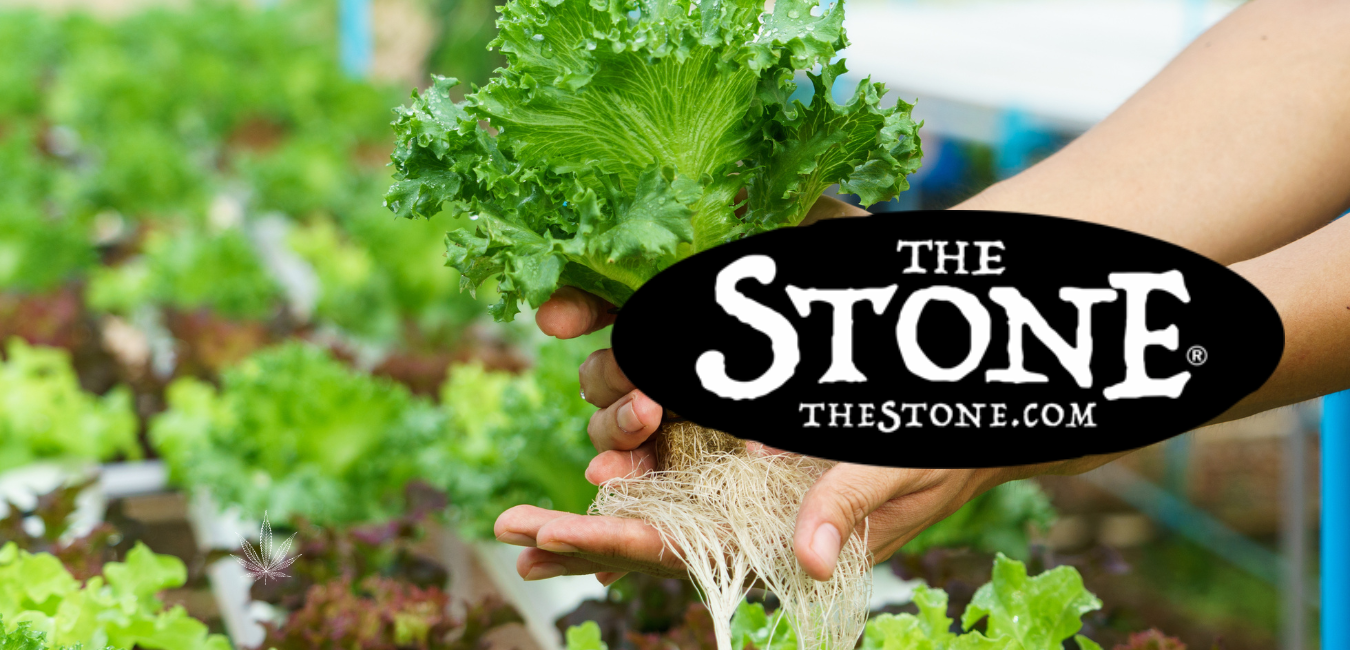
What are Perlite and Hydroponic Systems? Perlite is a type of manufactured mineral which provides drainage for water and air. The heating of volcanic glass makes it to very high temperatures. This causes it to expand due to its heat resistance. The resulting foam-like material creates the ideal medium for growing plants in a hydroponic setup. It has a neutral pH and is chemically inert. That means it doesn’t add any nutrients or minerals to your hydroponic solution.

It is used in most hydroponics, such as drip, bubbler, and ebb and flow systems, because of its benefits.
Its primary function in these systems is to aid with drainage and aeration, improving the overall health of your plants. It stops root rot by keeping the roots warm. It also has another unique benefit for hydroponic growers; You can wash away excess fertilizer salts that build up over time without washing away any of the plant’s roots.
Mixing it into your water will also help you get more oxygen in and around the plant’s roots. This leads to healthier and more robust growth. It keeps the water in your hydroponic system slightly warmer than usual, encouraging root formation.
and can be used in soil or soilless mixtures. It improves drainage, offers support to the roots, increases aeration, and keeps the solution warmer. All to help to keep your plants healthy.
There are many benefits of using it in hydroponic systems for small-scale projects. This makes it the ideal growing medium for beginners.
Not sure what perlite is or how it works? Read on to learn more about why you should use it in your hydroponic systems.
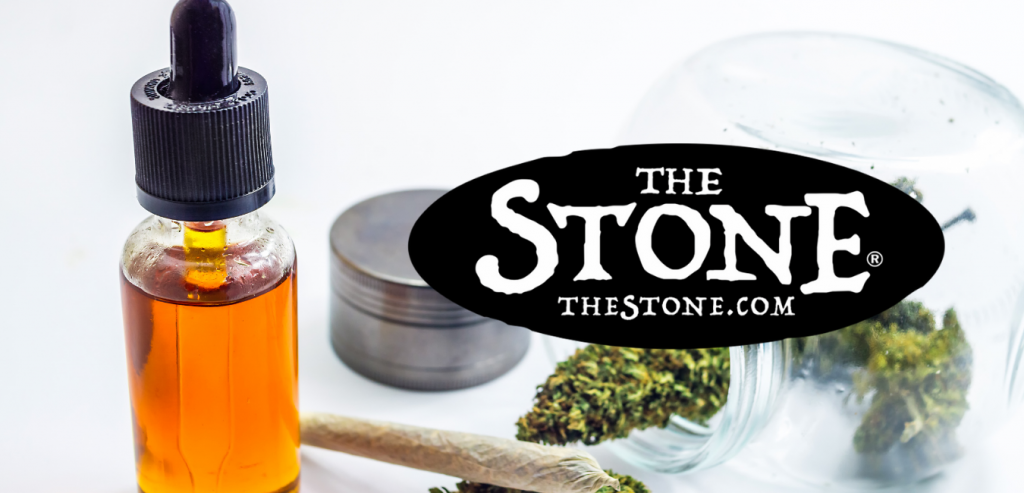
Perlite is a type of manufactured mineral that provides drainage for water and air.
Hydroponic – A type of growing system which works without soil. Plants are grown in water or aggregate such as sand and gravel.
Oxygenation – Introducing oxygen into the root zone, usually by ebb and flow or top feeding. This helps to prevent root rot and keeps the plants healthy.
Air stones – Used in the ebb and flow hydroponic systems to provide oxygen for the roots.
Drain to waste – This is a form of hydroponics where the nutrient solution is drained away after each watering cycle; then recirculated through the system again. The plants are grown directly in the nutrient solution.
Low tech – A type of hydroponics system that doesn’t require complex equipment.
Nutrient solution – The water in a hydroponic system contains all the minerals and nutrients needed to support plant growth.
Grow media – Substances used as a growing medium for plants, such as peat moss or perlite.
Perlite is a material made by heating volcanic glass to very high temperatures. These temperatures cause it to expand due to its heat resistance. This creates an incredibly light, open-structured growing medium that looks similar to Styrofoam balls. Thanks to its physical properties, it’s the ideal media for ensuring your plants have good drainage and oxygenation; promoting healthy, vigorous plant growth.
It is used most commonly for hydroponics systems; this includes drip irrigation and bubbler systems.
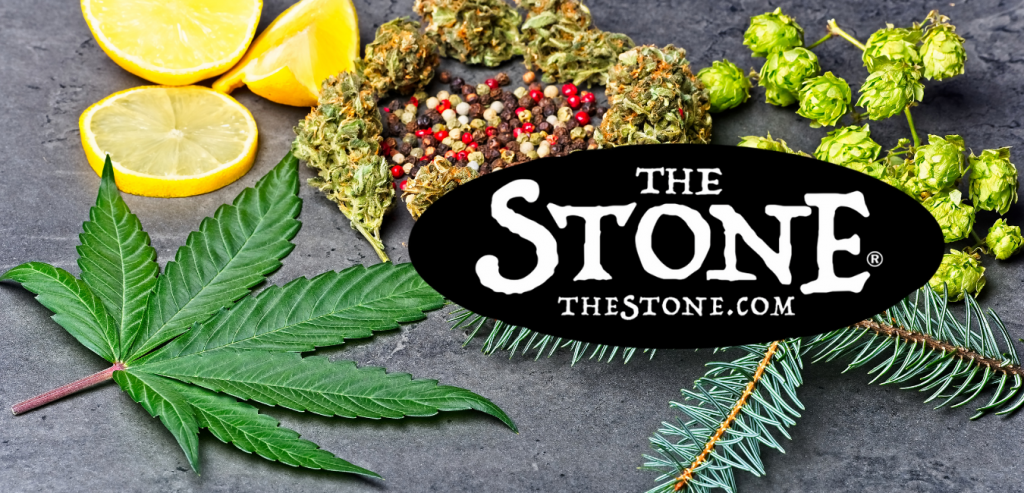
This means it doesn’t add any nutrients or minerals to your hydroponic solution.
Perlite is also used in larger-scale commercial gardening setups. This includes such as glasshouses and greenhouses because it doesn’t attract insects or mold growth. It’s very versatile, meaning it can be used for different plants grown in various kinds of systems.
Perlite makes your water slightly warmer than usual. This makes it ideal for hydroponics systems that use cooling pads or air conditioning to regulate the temperature.
Perlite can also be used in soil-based growing systems; improving drainage and aeration but is usually more expensive than clay pebbles because of its lighter structure.
Perlite can also benefit plants, helping them grow by adding air pockets and absorbing heat. Perlite is often used in hydroponics systems because it helps prevent root rot.
Because weed weighs in pounds and ounces, when bought from the grower, many people have difficulty, quantifying weights in grams. The weed sold; is in grams at the dispensary. The breakdown chart, though helpful, still does not help a newcomer to the arena of cannabis buying and weights.
How Much Does Half an Ounce of Cannabis Weigh
Many buyers of Cannabis, though they understand the weight conversion, find it a bit difficult to quantify in their minds what a gram of weed looks like. This is because the amount looks different; depending on the size of the flowers, and the volume after it is dried. Most Cannabis plants, depending on the strain and how the grower treats the plants, will give you a yield of fuller flowers than others. Hence the volume looks different when buying.
An ounce of weed is 1/16 of the pound; sixteen ounces make up one pound. So a half-pound is 8 ounces. One ounce of weed technically weighs 28.3 grams however, for a simple life, it’s rounded off to 28 grams per ounce. Now, since we are talking about half an ounce of weed, then, from this calculation, the weight is 14 grams.
The breakdown for many newbies though confusing, until you get the understanding of the weight calculations is as follows:
Now you have a better understanding of weed weights; the next is the different names weed is known by when buying.
Colloquial Names for Weed Measurements
The one thing to know when purchasing Cannabis, the weight and what is the going rate. Many states have different price points for selling weed. The Cannabis dispensary follows the guidelines for pricing based on the cost when buying from the grower. Many dispensaries grow their weed, and they can absorb some of the cost for production and distribution.
The price for weed also is determined by the strain. Some regular users of cannabis will have a favorite weed they enjoy using. For a newbie, this can be a challenge. The only course you have is to try a few strains and determine what is your preference. Start with buying the smallest amount. The cost of a weed-using habit can be expensive.
You may not like the first experience, and having more than a gram in your possession may cause you to lose your money after one use. You could invite some friends over that are users to enjoy with you. Should you not like the go then, you can finish the gram and not worry about wasting funds. But note that half an ounce in your possession is a lot to use over time, especially if you are only using recreationally.
We warmly welcome you to explore our highly acclaimed strains, concentrates, and edibles. Serving recreational clients with pride is our passion.
At our dispensary, you'll find a professional yet inviting atmosphere that prioritizes your comfort and privacy. Feel free to stop by at your earliest convenience to experience it for yourself. We can't wait to serve you!
